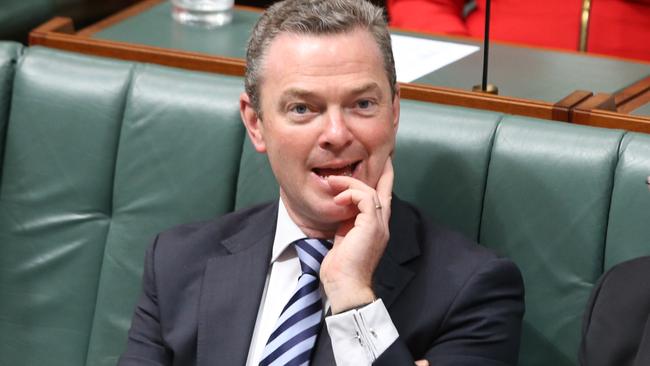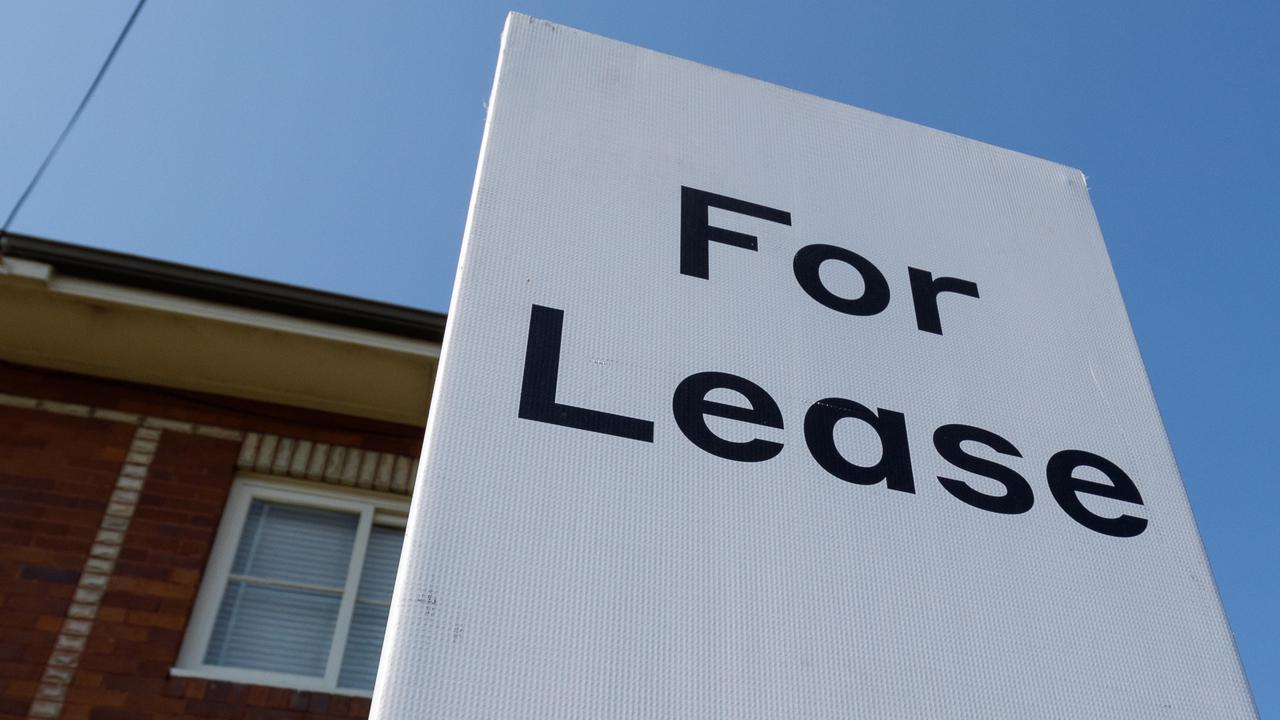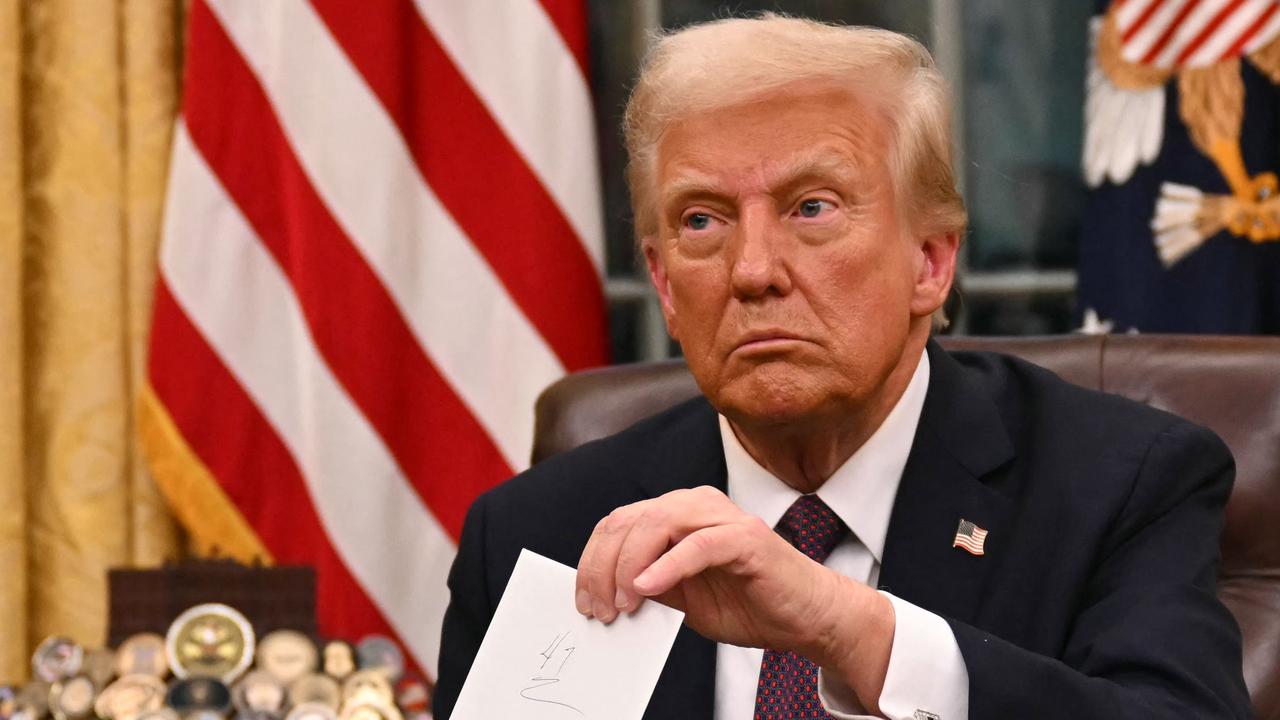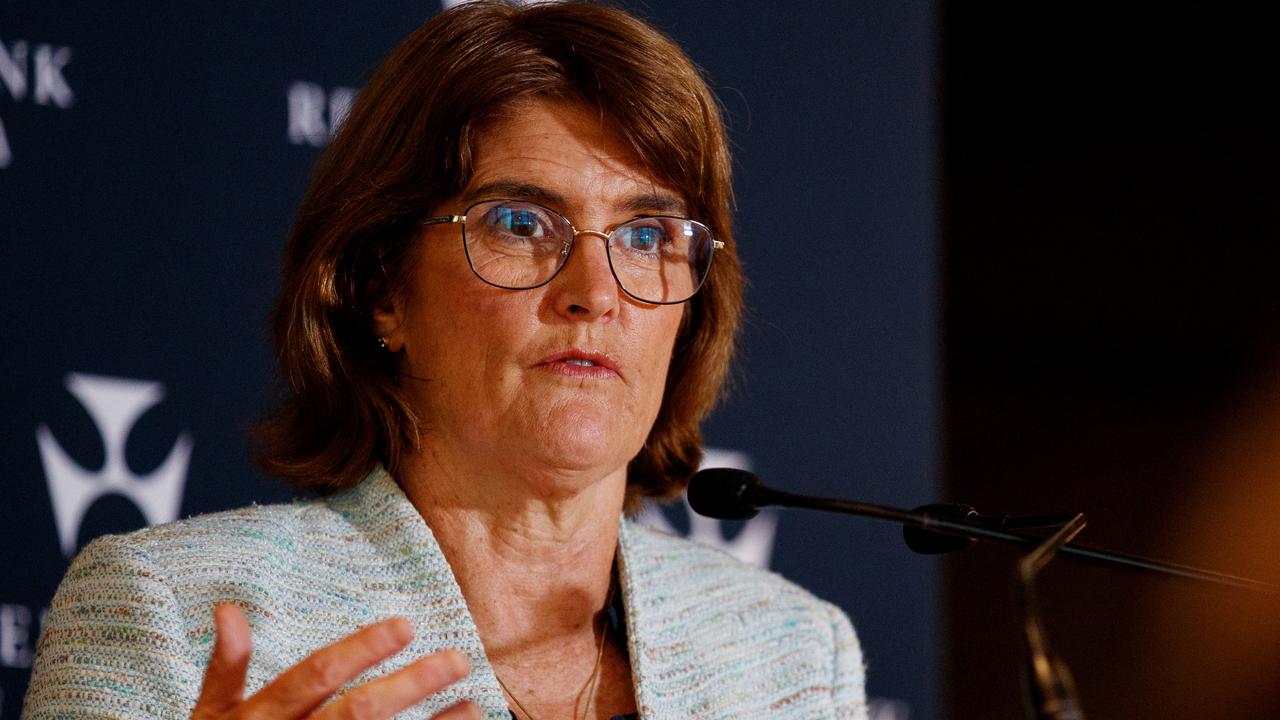University fee forecasts will remain hidden because modelling advice inaccurate
A BID to force the release of government documents showing how deregulation might push up university fees has been blocked — because they have been found to be factually incorrect.

A BID to force the release of government documents showing how deregulation might push up university fees has again been blocked — in part because they have been found factually incorrect.
Some of the documents “could not be treated as fact”, said a finding rejecting a Freedom of Information appeal.
The Administrative Appeal Tribunal accepted the documents, including advice to Education Minister Christopher Pyne from his department, “would influence the pricing of course fees in a deregulated higher education market”.
They would tip off universities as to how much they could charge for courses, if the Government was able to get its controversial higher education funding changes through the Senate.
But the AAT finding also acknowledged the information would be of general public interest as it would “reveal some of the background or contextual information that has informed the Government’s decision-making in this area”.
And it found: “The disclosure of the documents would inform debate on the issue of higher education reform, which is a matter of public importance.”
But it refused to make them public because, in part, they were not worth much as “accuracy at an individual level must be very low”.
“They were the Department’s thinking processes,” the Administrative Appeals Tribunal has ruled, apparently dismissing the documents’ importance.
In May last year Crispin Rovere made an FOI application for material related to the Budget announcement of plans to deregulate higher education fees, a move Labor said would lead to $100,000 degrees.
His bid was rejected in February with the department arguing the documents contained “sensitive policy development”, so reaction to its release might inhibit public servants from giving further controversial advice.
The documents being sought are two Question Time briefs, six hypothetical scenarios, an assessment of impact of deregulation on regional higher education, two modellings of 2019 graduate prospects, and 34 spreadsheets.
Mr Rovere appealed the decision and the second knock-back revealed another dimension to the department’s refusal: the information was still sensitive, but it also was not that useful.
“The modelling is speculative at the system level; its accuracy at an individual level must be very low. The documents are clearly of interest to prospective students. But the modelling in the documents is not the sort of information upon which someone could sensibly make a ‘major life decision’,” said the AAT finding.
The department argued that “to the extent to which the documents could be said to address factual material they are really predictions as to the future and could not be treated as fact”.
Disclosure of “modelling and calculations done for the purpose of informing the minister could be taken to indicate the government’s views about what might be acceptable or expected behaviour by participants in the market”.
It would be used by universities to set fees “which would limit the effective operation of the reform proposal and damage the operation of a deregulated higher education market”.
It wasn’t all bad news for Mr Rovere. The AAT said there might be a day when he will get access to the documents — when they are of no use at all and protection is lifted.
“With the passing of time, the effect of the disclosure of those projections will be less and, eventually, nil,” said the AAT.




